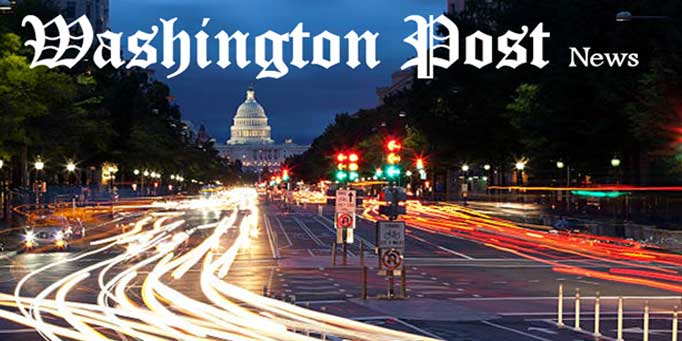Exploring Legal Magic Mushroom Dispensaries: What You Need to Know
In recent years, the conversation surrounding psychedelic substances, including magic mushrooms, has shifted dramatically. Once relegated to the fringes of society, these substances are now being recognized for their potential therapeutic benefits and are even becoming legal in certain jurisdictions. As a result, a new type of establishment has emerged: the legal magic mushroom dispensary. In this blog post, we’ll explore what you need to know about these dispensaries, from their legality and regulations to the products they offer and the potential benefits of their services.
Legalization and Regulation:
The legalization of magic mushrooms and the opening of legal dispensaries vary greatly depending on the jurisdiction. As of now, only a handful of places have legalized the sale and consumption of magic mushrooms for recreational or medicinal purposes. For example, Oregon in the United States has decriminalized the possession of small amounts of psilocybin, the psychoactive compound in magic mushrooms, and is in the process of establishing a framework for legal access through licensed facilities. Similarly, in Canada, some cities have begun to explore the possibility of decriminalizing or legalizing magic mushrooms, although federal regulations still classify them as a controlled substance.
Regulations surrounding legal magic mushroom dispensaries are strict and designed to ensure safety and responsible use. Dispensaries must adhere to stringent guidelines regarding product quality, labeling, and consumer education. This includes providing accurate information about dosages, potential risks, and harm reduction strategies to customers. Additionally, dispensaries may be required to obtain licenses or permits from regulatory bodies and comply with zoning regulations to operate legally.
Products and Services Offered:
Legal magic mushroom dispensaries typically offer a range of products and services aimed at providing safe and controlled access to psychedelic experiences. While the sale of raw magic mushrooms may be restricted to licensed facilities, dispensaries often provide alternative forms of consumption, such as capsules, tinctures, or microdosing kits. These products are carefully formulated to deliver precise dosages and minimize the risk of adverse reactions.
In addition to selling psychedelic products, many dispensaries offer supportive services to guide users through their experiences. This may include access to trained facilitators or therapists who can provide personalized guidance and support before, during, and after psychedelic sessions. Some dispensaries also offer educational workshops, group therapy sessions, or integration circles to help users process their experiences and integrate any insights gained into their daily lives.
Benefits of Legal Magic Mushroom Dispensaries:
The emergence of legal magic mushroom dispensaries brings several potential benefits for individuals seeking psychedelic therapy or exploration. Firstly, legalization and regulation ensure that products sold in dispensaries meet strict quality and safety standards, reducing the risk of adulteration or contamination. This provides peace of mind for users, knowing that they are consuming a pure and reliable product.
Furthermore, legal dispensaries offer a controlled and supportive environment for individuals to explore the therapeutic potential of magic mushrooms. Trained professionals can provide guidance and supervision to help users navigate their experiences safely and responsibly. This can be especially beneficial for those using psychedelics for mental health purposes, such as treating depression, anxiety, or PTSD. By offering a combination of products, services, and support, legal dispensaries empower individuals to make informed choices about their psychedelic journeys and maximize the potential benefits of these substances.
Challenges and Considerations:
Despite the growing acceptance of psychedelics and the opening of legal dispensaries, several challenges and considerations remain. One significant challenge is the stigma surrounding psychedelic substances, which can hinder public acceptance and regulatory progress. Dispensaries must work to educate the public about the potential benefits of psychedelics while addressing misconceptions and concerns.
Additionally, there is ongoing debate about the appropriate regulatory framework for legal magic mushroom dispensaries. Finding the right balance between accessibility and safety is crucial, as is ensuring equitable access to psychedelic therapy for all individuals, regardless of socioeconomic status or background. Moreover, more research is needed to better understand the long-term effects and therapeutic potential of magic mushrooms, which can inform regulatory decisions and best practices for dispensaries.
Conclusion:
Legal magic mushroom dispensaries represent a promising new frontier in the field of psychedelic therapy and exploration. By providing safe and controlled access to psychedelic experiences, these dispensaries have the potential to transform the way we approach mental health treatment and personal growth. However, navigating the complex landscape of legalization, regulation, and public perception requires careful consideration and ongoing dialogue. As the field continues to evolve, it is essential to prioritize safety, education, and responsible use to unlock the full potential of magic mushrooms for healing and transformation.



